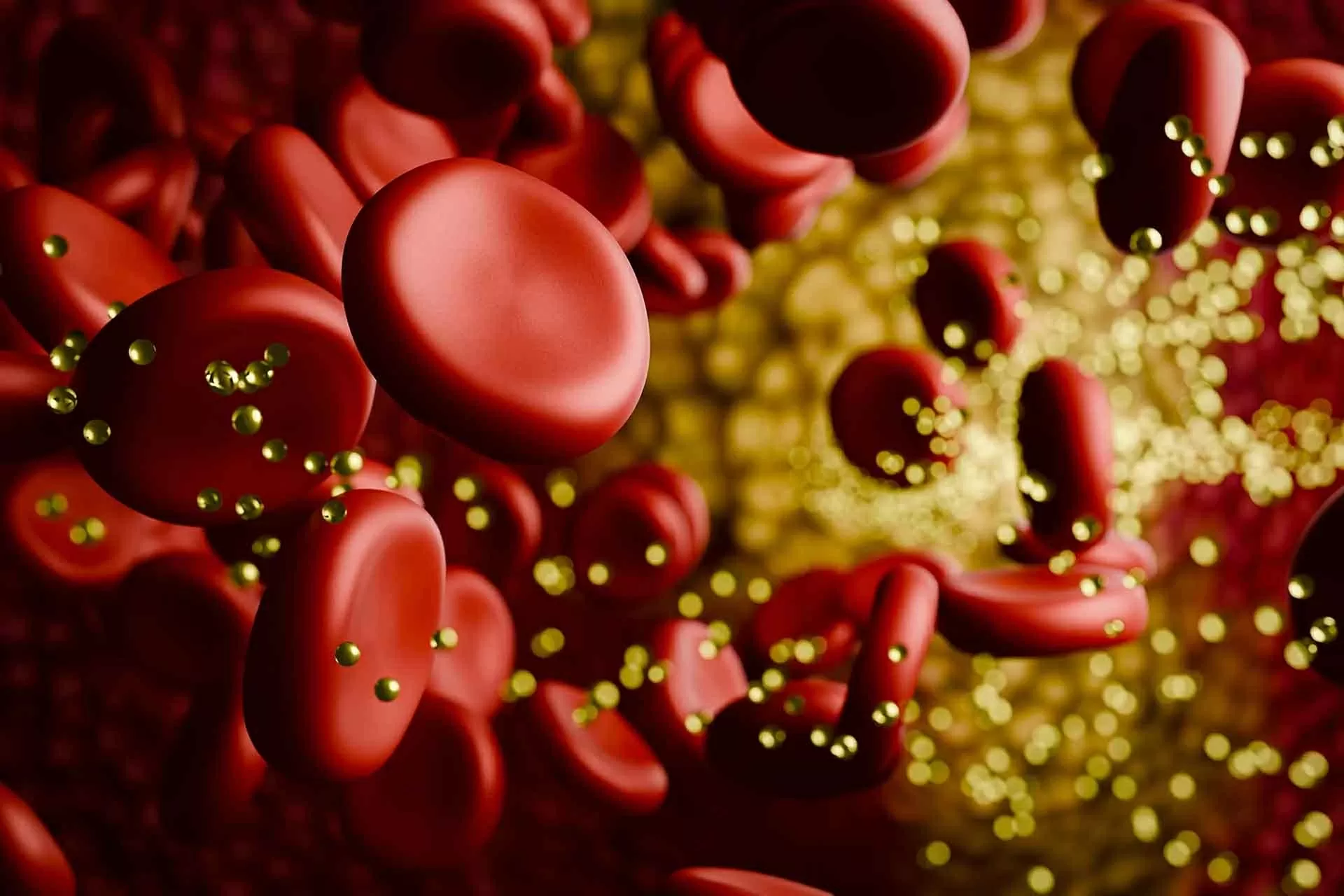 |
| Scientists at the University of Texas have discovered that the enzyme IDO1 plays a role in disrupting the body's cholesterol processing mechanism under inflammatory conditions. (Source: Shutterstock) |
Speaking about the research, Professor of Chemistry Subhrangsu S. Mandal, the lead author of the peer-reviewed scientific paper, said: "We found that inhibiting the enzyme IDO1 helps control the inflammatory response in immune cells called macrophages. Chronic inflammation is a factor in many diseases from heart disease to cancer, from diabetes to dementia. By understanding more about IDO1 and how to disable it, we can control inflammation and restore cholesterol processing, thereby preventing disease at its root."
Under normal conditions, inflammation is a necessary response for the body to fight infection and recover from injury. However, when inflammation is prolonged due to stress, injury or infection, macrophages lose their ability to absorb cholesterol - this contributes to increased risk of fat accumulation and damage to blood vessel walls.
Research shows that IDO1 turns on in inflammatory states and produces the molecule kynurenine, which disrupts the processing of cholesterol in macrophages. When scientists inhibited the activity of IDO1, these immune cells immediately regained their ability to remove cholesterol, opening up a new direction to prevent atherosclerosis and other dangerous complications.
The team also identified IDO1's “co-conspirator,” the enzyme nitric oxide synthase (NOS). This enzyme is thought to exacerbate IDO1's negative effects on cholesterol regulation. Combining treatments that target both IDO1 and NOS could create a powerful dual therapy that could be particularly useful in treating diseases caused by chronic inflammation.
“The accumulation of cholesterol in macrophages is one of the main causes of atherosclerosis, which leads to heart disease and many other serious health problems,” Professor Mandal emphasized.
The team is now expanding their analysis to determine the exact mechanisms of interaction between IDO1 and cholesterol metabolism, and to assess the role of other enzymes that may be involved. If they can find a way to safely inhibit IDO1, they believe it could open the door to a new generation of drugs for the prevention and treatment of diseases associated with chronic inflammation.
Source: https://baoquocte.vn/cong-tac-tat-cholesterol-319781.html







































































































Comment (0)